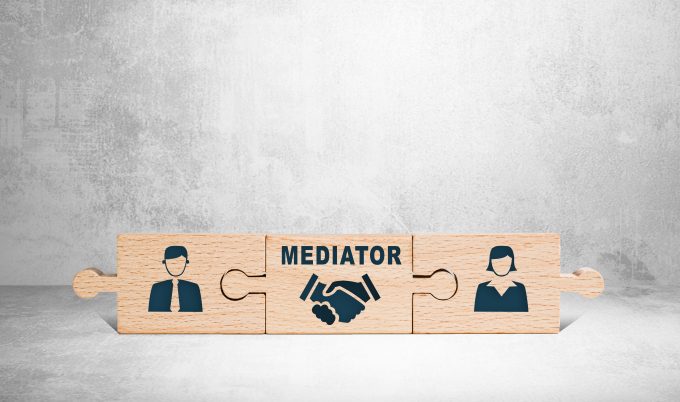The mediation process typically involves the parties to a dispute meeting with a neutral third party, known as the “mediator”, to discuss and resolve the issue. The mediator does not make decisions for the parties but facilitates conversations, helping them reach a mutually acceptable agreement. Mediation can be a less adversarial, quicker, and more cost-effective alternative to going to court.
Mediation as Part of Pre-Action Procedures
Before filing an application in the Court for parenting or property matters, parties are generally required to engage in pre-action procedures, including attempting mediation. The Court expects that parties will make a genuine attempt to resolve their disputes through mediation before resorting to litigation. This requirement is intended to reduce the emotional and financial costs of Court proceedings and to encourage parties to reach agreement. There are exemptions to this requirement, including if your matter is urgent or if there are allegations of family violence, or a risk of family violence.
The Difference Between Property and Parenting Mediations
- Parenting Mediations: Parenting mediation helps parents resolve disputes about the care and welfare of their children. It focuses on creating a parenting plan that outlines each parent’s responsibilities and how decisions about the children will be made. The goal is to ensure the best interests of the children are met, with emphasis on maintaining their emotional and physical wellbeing.The mediation must be conducted by a Family Dispute Resolution Practitioner (FDRP), a professional accredited to help parents negotiate and resolve their disputes. If mediation is unsuccessful, the FDRP can issue a section 60I certificate, which is necessary for filing an application for parenting orders in the Court. This certificate shows that the parties have made a genuine attempt to resolve their dispute through mediation.
- Property Mediations: Property mediation focuses on the division of assets, liabilities, and financial resources between separating or divorcing couples. This mediation aims to help both parties reach a mutually agreeable settlement regarding their financial matters, including (but not limited to) real estate, investments, personal property, debts, and other financial interests. By engaging in property mediation, couples can work together with a neutral mediator to negotiate and reach a “just and equitable” outcome, often leading to more satisfactory and less contentious outcomes than litigation.
The Mediation Process
Below is a brief overview of what typically happens during mediation:
- Preparation: before mediation begins, both parties are usually required to prepare a short position paper. This document outlines their views on the issues at hand, such as an overview of each party’s financial contributions or the current parenting arrangement including any concerns. The position paper helps the mediator understand each party’s concerns and priorities, setting the stage for a more focused and productive discussion.
- Introduction: at the start of the mediation, the mediator will explain the process, including that the mediation is confidential and outline the mediation process. This introductory phase ensures both parties understand their roles and the mediator’s role. Mediation will typically take a half day (4 hours) or a full day (8 hours) and can occur in several formats:
- In Person: Traditional face-to-face mediation allows both parties to discuss their issues directly with the mediator in the same room.
- By Shuttle: In shuttle mediation, the parties are in separate locations and the mediator moves between them, delivering proposals and responses. This method can be useful when direct communication is too contentious or when parties have difficulty being in the same room.
- Electronic Mediation: Conducted via video conference or other online platforms, electronic mediation provides flexibility, especially if the parties are geographically distant or prefer a virtual setting. This mode ensures that mediation can proceed despite logistical challenges. Electronic Mediations can also occur by shuttle.
- Discussion of Issues: the mediator facilitates a discussion between the parties, helping them to explore and clarify the issues and see if the parties can reach agreement on any of the issues in dispute. The aim is to create a space where both sides can openly express their concerns and priorities.
- Negotiation: the mediator assists the parties in negotiating potential solutions. This may involve exploring various options, weighing pros and cons, and seeking common ground. The mediator may offer suggestions or solutions, and convey offers between the parties, to assist the parties reaching their own agreement.
- Agreement and Documentation: if the parties reach an agreement, depending on time constraints, the mediator will assist in drafting a “Heads of Agreement” outlining the terms of the settlement. This document can then be reviewed by both parties and their lawyers before being finalised formally. In financial matters, agreements may be formalised through Consent Orders or a Financial Agreement. In Parenting matters, if parents reach an agreement, they can choose to formalise it legally through Consent Orders or opt for a less formal approach with a Parenting Plan.
















